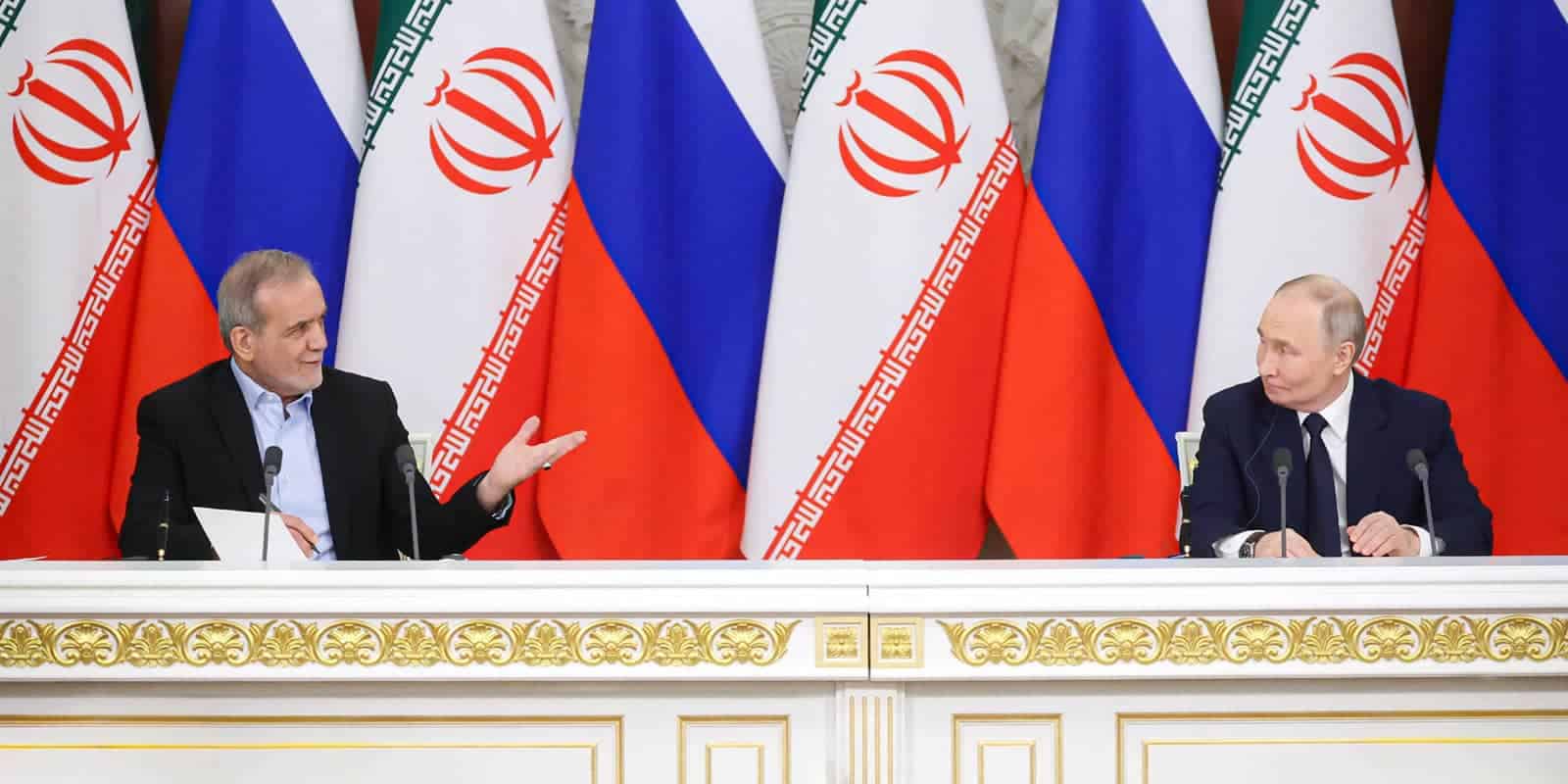
By LAZAR BERMAN, The Times of Israel, 05.02.2021
In the latest sign of changes rippling across the Middle East, Saudi Arabia’s most widely read English newspaper on Thursday published an op-ed by Israelis for the first time in its history.
What’s more, the analysis on Arab News was the product of joint research between Israeli and Emirati think tanks.
Written by Dr. Hay Eytan Cohen Yanarocak and Dr. Jonathan Spyer, the op-ed examines Turkish president Recep Tayyip Erdogan’s establishment of a private militia network made up of fighters from the Syrian civil war.
Both authors are fellows at the Jerusalem Institute for Strategy and Security, which has recently partnered with the TRENDS research center in the United Arab Emirates in the wake of the Abraham Accords normalization agreement between the nations.
Israel established diplomatic ties with the UAE and Bahrain in September as part of the accords and has also reached normalization agreements with Sudan and Morocco.
“Erdogan has quietly established a network of private militias manned entirely by fighters imported from Syria in a remarkably brazen and cynical move,” the authors say. “Their role is to advance his grand plan of re-establishing influence over a region roughly overlapping the former Ottoman Empire – from the Palestinian territories to Syria and the Caucasus to as far away as Kashmir, according to some reports.”
These proxies “provide the Turkish president with a large pool of available, organized, trained, easily deployed and easily disposable proxy foreign manpower as a tool of power projection, which can be used with a degree of plausible deniability.”
In using them, they argue, “Erdogan seeks to minimize domestic public criticism of his extraterritorial military campaigns. While he could justify the mobilization of Turkish Armed Forces personnel to neighboring countries like Syria and Iraq – for homeland security reasons – it is more challenging for him to persuade the Turkish public to dispatch soldiers to a distant theater like Libya.”
The writers say the West must pressure Erdogan to end such “nefarious” practices.
“This needs to end. Militias, terror groups and Islamist extremism are all elements that the Middle East must outgrow if it is to achieve stability and reconstruction.,” they say.
Israel and Saudi Arabi have grown increasingly close in recent years, though ties have remained unofficial. Prime Minister Benjamin Netanyahu is reported to have flown to the Arab country in November for a clandestine meeting with Crown Prince Mohammad bin Salman.
The former Trump administration’s senior adviser Jared Kushner said in August that normalized ties between Israel and Saudi Arabia were inevitable, following the US-brokered agreement between Israel and the United Arab Emirates the day before.
Saudi Arabia, like Israel and the UAE, shares Iran as a common foe and has had close ties to Washington, though the new Biden administration is expected to take a far cooler approach toward Riyadh.
















Israel’s Role in the Next Phase in Gaza – and It’s Regional Impact